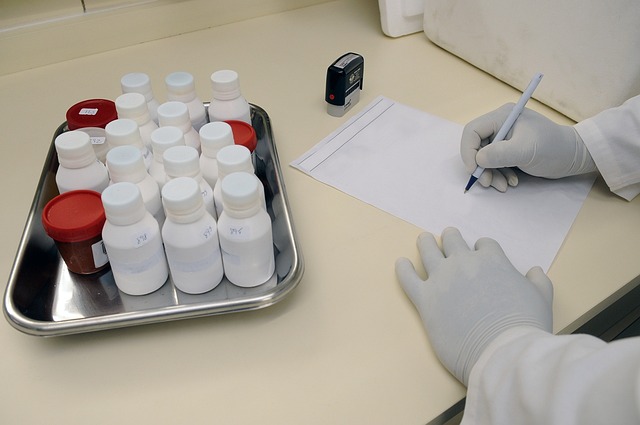The Future of Diagnostics: Exploring Technological Innovations in E-Therapy and Health
In recent years, the world of healthcare has witnessed an astounding transformation. Innovations in technology are not just changing the way we practice medicine; they are also reshaping our understanding of health and wellness. Among the most exciting developments is the rise of e-therapy, which combines traditional therapeutic practices with cutting-edge digital solutions to enhance patient care.
Technological Innovations in E-Therapy
The integration of technology into therapeutic practices has opened new frontiers. E-therapy encompasses a variety of online therapeutic services, including video sessions, chat-based therapy, and even mental health apps designed to provide support and guidance. With the ability to access help from anywhere, patients can take control of their mental health in ways that were previously unimaginable.
One remarkable innovation in the world of e-therapy is the development of artificial intelligence (AI). Tools powered by AI can analyze user data to tailor personalized treatment plans, providing therapists with valuable insights into a patient’s progress. This level of customization enhances the effectiveness of therapy, making it a more dynamic process that adapts as the patient evolves.
Moreover, virtual reality (VR) is revolutionizing how therapy is delivered. By immersing patients in controlled environments for exposure therapy or relaxation techniques, VR creates a safe space for individuals to confront their fears. This engaging approach not only helps in reducing anxiety but also makes the therapeutic process more interactive and relatable.
Health Innovations Transforming Patient Care
The advancements in e-therapy are complemented by innovations in overall health technology. Remote patient monitoring, for instance, allows healthcare providers to keep track of patients’ health metrics in real-time. Wearable devices track everything from heart rates to sleep patterns, providing a continuous stream of data. This proactive approach enables early intervention, significantly improving outcomes for patients.
Telemedicine also plays a crucial role in this ecosystem. With just a few clicks, patients can consult with healthcare professionals, eliminating geographical barriers and ensuring timely access to care. This shift doesn’t only benefit individuals in remote areas; it also allows busy professionals to seek help without sacrificing their time or productivity.
In addition, digital mental health solutions are gaining momentum, addressing problems related to accessibility and stigma. Online support groups and forums provide individuals a platform to share their experiences anonymously, fostering a sense of community that promotes healing and understanding. This collaborative aspect of e-therapy can be incredibly empowering, encouraging individuals to take steps towards better mental health.
The path forward for diagnostics and treatment is illuminated by these technological and health innovations. As we embrace a future where e-therapy and remote diagnostics become the norm, it’s evident that the integration of these advancements has the potential to enhance our healthcare systems profoundly. Patients are now equipped with more tools than ever to manage their own health and well-being, making this an exhilarating time in the realm of diagnostics and therapy.




